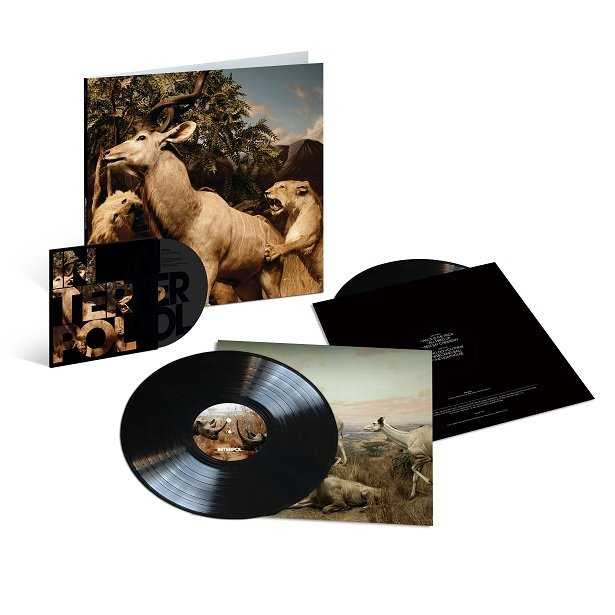Not that we knew it back then, but a decade ago we were feeling the last goosebumps of an unlikely reawakening for contemporary music in the mould of the twentieth century, a halcyon moment in which the guitar held sway again as a primary weapon of choice for winning the hearts and minds of a youth supposedly lost to it.
This renaissance began in New York, germinated by the pre-millenial atmosphere of hysteria and the unknown, its great leap forward defined by The Strokes’ Is This It?, the whole goddamn thing supported by acres of cool from the Yeah Yeah Yeahs, The Rapture and LCD Soundsystem.
Over in the UK, by the time The Libertines had made Fagin of this disaffected brilliance and the Arctic Monkeys then suburbanised it from MySpace, native Big Apple raconteurs Interpol produced Our Love To Admire, the final flourish of an urge-filled triptych that had begun with Turn On The Bright Lights (released in 2000) and whose crepuscular mid-point had been Antics (2004).
By this point, the then-quartet had pissed off and titillated both listeners and press equally, early interviews rare for the instigators resembling wars of attrition. Lingering well into the decade after their formation, it was a reputation for awkwardness that singer/guitarist Paul Banks, mostly, gave the impression the quartet were more than happy to live down to.
Never ones either to let the meek inherit anything Banks, guitarist Daniel Kessler, drummer Paul Fogarino and phlegmatic bassist Carlos Dengler kept their output weaponised, but on this definitively chapter-closing release there were signs – like shards of light coming down through a ruined church ceiling – that more playful times were ahead.
This was only sometimes fun though. Like the soundtrack to a Greek tragedy, opener Pioneer To The Falls – lustrous, piano-in-an-empty-ballroom noire – was both elaboration and austerity, a warped gracefulness that seemed calculated, its scribbled guitar solo primping their icy air of self control.
They were equally comfortable dressing up the wicked as mundane; a gift expressed on No I In Threesome’s bid to stave off the “teethmarks of time” in a relationship, or in the druggy abstention of Rest My Chemistry’s ten step grind.
It was about this time, of course, that Interpol’s lack of compromise and accompanying hubris had spawned a host of accusations that they were merely fixated Joy Division copyists; any sort of meaningful exposure here however revealed the fleeting sames between their mutual identities as being merely coincidental. Consider as evidence the psycho-sexual rage of Mammoth, its cut to the chase dynamic compounded by trademark jagged guitar outlines and crescendos falling in on themselves, or the tacit showmanship on display as they embrace the cinematic with closer The Lighthouse’s distressed, mournful surf rock.
Our Love To Admire was actually one of those records that underlined prejudices, whatever the listener believed in. Were Interpol still top of their highly nuanced game? The Heinrich Manouevre’s kiss-off to an ex saw them unquestionably groovier than ever, the flab cut away almost surgically, but were they instead succumbing to melodrama instead of menace? The Scale hinted this in the affirmative, its missing tune and Banks’ near-passionless vocals the unwanted callus of songwriters hanging on to the quality windowsill by a fingernail.
Back to 2017, any discourse about ten years being to soon for a reissue is moot when some artists now bring out two versions of their new release in the same year. This edition comes without frills (that’s bonus material to you and me) other than a remastering, now traditional vinyl repressing and a new live DVD recorded during a show performed at London’s long extinct Astoria, a convention-snubbing lack of previously unreleased stuff which should sort the obsessives from the newly curious.
A marker for a time when guitars briefly meant gods, gold and sex again, if it is unfamiliar there are many facets of Our Love To Admire worth taking in, although you should do so with the same dark humour as its creators.
If you fell for its charms right there right then, your money will probably be better spent keeping your secrets secret.




